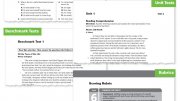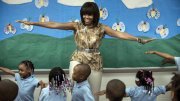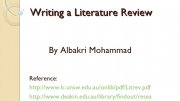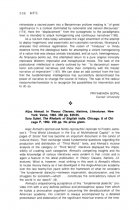 In Theory: Classes, Nations, Literatures, and: The Rhetoric of English India (review)
In Theory: Classes, Nations, Literatures, and: The Rhetoric of English India (review)
Aijaz Ahmad's spirited and faintly reproachful rejoinder to Fredric Jameson's "Third World Literature in the Era of Multinational Capital" in the pages of Social Text has become an important document in the canon of cultural theory. Their exchange raised fundamental questions regarding the production and distribution of "Third World" texts, and Ahmad's incisive analysis of the category of "Third World" literature displayed the impossibility of creating such categories. Ahmad's compelling insights and his wide knowledge of various literatures were evident in that erticle and is again a feature in his latest publication, In Theory: Classes, Nations, Literatures. What is, however, most striking in this work is Ahmad's efforts to locate literary theory as it has developed in the Anglo-American academy over the last twenty-five years within the framework of what he considers "the fundamental dialectic—between imperialism, decolonization, and the struggles for socialism—which . . . constitutes the contradictory nature of the world in our epoch" (9).
Ahmad's unquestioning acceptance of this "fundamental dialectic" provides him with a very definite political and philosophical space from which he builds a provocative argument concerning the deradicalization of the American academy. His criticism is always accompanied by a detailed presentation and elaboration of the significant historical events of the time. Indeed, as he points out, "the problem of the determinate set of mediations which connect the cultural productions of a period with other kinds of productions and political processes . . . is rarely addressed with any degree of rigour in precisely those branches of literary theory where issues of colony and empire are most lengthily addressed" (5). Ahmad's goal, clearly, is to rejuvenate a Marxist tradition which has, according to him, become completely subordinate to other theoretical positions. In Theory, then, is a careful Marxist rereading of "a particular political configuration of authors and positions which has surfaced in particular branches of literary theory, clustered around questions of empire, colony, migrancy, post-coloniality, and so on, as these questions have been posed from the 1960s onwards" (3).
Source: muse.jhu.edu

|
Excursions in World Music, 6th Edition Book (Routledge)
|
You might also like:
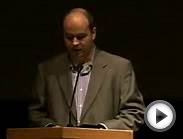
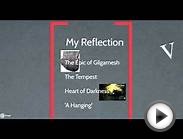
Related posts:

